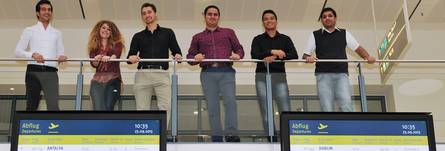Social Responsibility
Every year, more than 200 students from over 40 nations come to Bremen to study at IGC. We want to be a role model for them and promote the idea of developing a community where not only profits, but people and nature at the forefront.
We are proud to take responsibility for our students by promoting the idea of a community environment for studying and by offering support during the fragile first moments of our new students coming to Bremen for the first time and are living in a new country. With the active involvement of the staff members and the students in the learning process of sustainability, we are committed to the concept of sustainability, in which we promote that environmental, social and economic values are not necessarily in competition with each other but complement each other.
Human dignity

At IGC, each employee and student is valuable, unique, and not interchangeable. In this context, we implement aspects such as equality, respect, fairness and team spirit in all areas of our institution. Our goal is to promote the unique and individual abilities of each individual person.
Students: We place a high value on ethical customer relations. It is of utmost importance to us, that our students find a new home and acceptance in Bremen. Therefore, our International Student Assistance (ISA) provides the students with a wide range of advice and services in order to help them meet their needs. Students with problems or questions can always count on the help of our staff at any time. Our Career Service offers regular information sessions and individual counseling to help our students find a job in Germany or abroad.
Employees: In all areas, we are committed to equal opportunity, training and development for all our employees. Our employees have the opportunity to work a variety of schedules, and we offer integrated health management, gender equality, women's representation, and representation for people with disabilities. We are also officially certified as a family-friendly university.
Social justice
Social aspects play an important role for us. We follow the approach of lifelong learning, and therefore we try to provide people of all ages and different walks of life, as well as financially stable and unstable people, to engage in further study. We treat clients with equality and respect. We try to meet the needs of our students and to support them within their individual needs. Low-income clients are financially supported through interest-free loans and have the ability to pay off the tuition fees in monthly, quarterly or semi-annual installments. To make learning accessible to all, we offer flexible, individual study modules, and part-time courses.
PRME
IGC is part of the PRME community. This initiative of the United Nations Global Compact was founded in 2007 with the mission to transform management education and develop the responsible decision-makers of tomorrow to advance sustainable development.
PRME stands for Principles for Responsible Management Education. With over 800 signatory members worldwide, PRME is the largest organized relationship between the United Nations and management-related higher education institutions, working through seven principles: Purpose, Values, Teach, Research, Partner, Practice, and Share.
The goals of sustainable development are already embedded in the IGC's business and management training, but we believe they need to be deepened. For this task, the orientation towards the PRME principles and the exchange especially with the actors of the DACH chapter helps us.
As a new member, the IGC is currently working on its first report, which must be submitted for the first time in early summer 2025.


